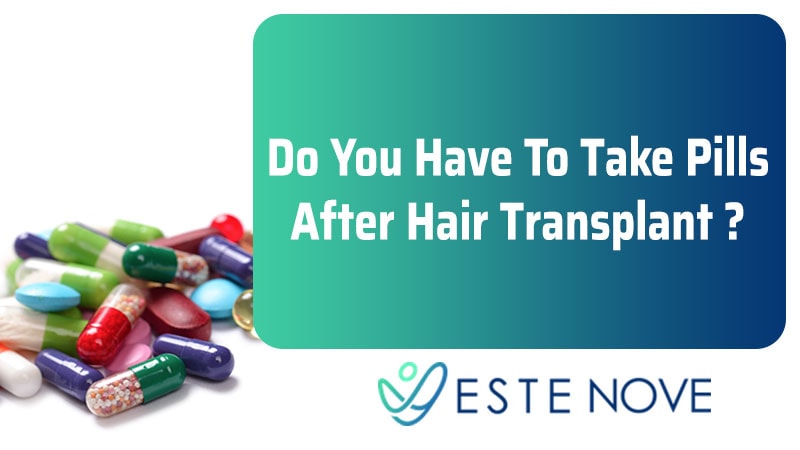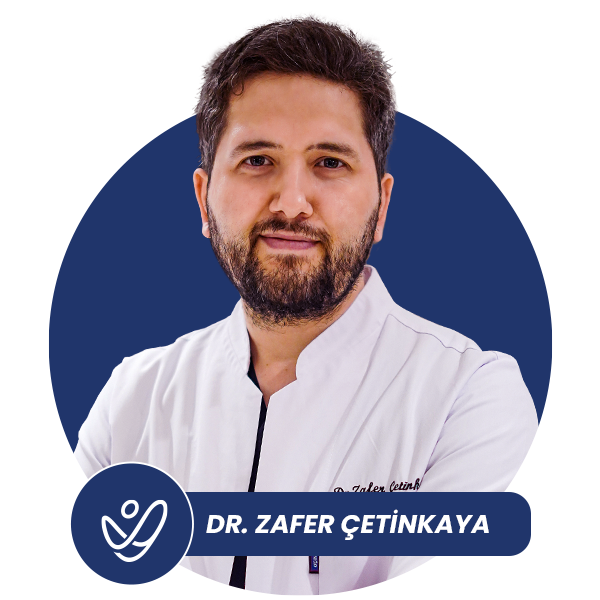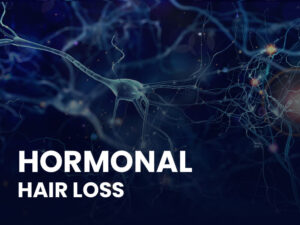
Hair transplantation is an operational procedure that involves moving hair follicles from one part of the body to another. It’s a popular solution for individuals experiencing hair loss. But, one of the common questions that arise after undergoing this procedure is whether or not you have to take pills. This article aims to provide a comprehensive answer to this question.
Understanding Hair Transplantation
The first step to understanding the need for medication after a hair transplant is to understand the procedure itself. Hair transplantation involves removing small pieces of hair-bearing scalp grafts from a donor site and relocating them to a bald or thinning area. The procedure is usually performed under local anesthesia.
There are two main types of hair transplant procedures: Follicular Unit Transplantation (FUT) and Follicular Unit Extraction (FUE). FUT involves removing a strip of scalp from the back of the head and extracting the individual follicular units from that strip. On the other hand, FUE involves removing the follicular units directly from the scalp.
Post-Operative Care
After the procedure, the scalp may be very tender, and the patient may need to take pain medications for several days. The doctor will also provide a bandage over the scalp for a few days. Most people can return to work two to five days after the procedure.
It’s crucial to follow the post-operative care instructions provided by the doctor to ensure the success of the transplant and minimize the risk of complications. This may include instructions on how to wash your hair, medications to apply or take orally to aid healing and reduce the risk of infection, and when you can resume normal activities.
Medications After Hair Transplant:
Pain Medications
As mentioned earlier, the scalp may be tender after the procedure, and the patient may need to take pain medications. These are usually over-the-counter pain relievers like ibuprofen. However, in some cases, the doctor may prescribe stronger pain medications.
It’s important to take these medications as directed by the doctor to manage pain effectively. However, they should not be used for a prolonged period as they can lead to addiction or other health problems.
Antibiotics
After a hair transplant, the doctor may prescribe antibiotics to prevent infection. These are usually taken for a few days after the procedure. It’s crucial to complete the entire course of antibiotics, even if you feel better before they’re finished.
Hair Growth Medications
Some doctors may recommend medications to stimulate hair growth after a hair transplant. These medications include minoxidil (Rogaine) and finasteride (Propecia). They work by slowing hair loss and promoting hair growth.
However, these medications are not suitable for everyone and may have side effects. Therefore, it’s important to discuss with your doctor whether these medications are right for you.
Whether or not you have to take pills after a hair transplant depends on various factors, including the type of procedure, your general health, and the doctor’s recommendations. It’s crucial to follow your doctor’s post-operative care instructions to ensure the success of the transplant and minimize the risk of complications.
Remember, every individual is unique, and what works for one person may not work for another. Therefore, it’s essential to have open and honest discussions with your doctor about your concerns and expectations. This will help you make an informed decision about your post-operative care.





